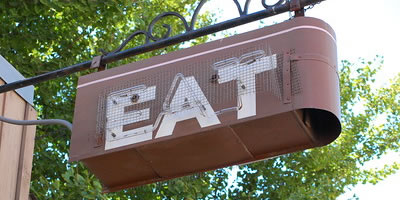Present Perfect 2 – When time period is continuing

We use the Present Perfect when the time period is continuing. Again there is a connection between the past and the present. Example I have played tennis today. Today started at midnight and is continuing. So even though the action has finished the time period is continuing, so there is a connection between the past and the present. We therefore […]
Read more









